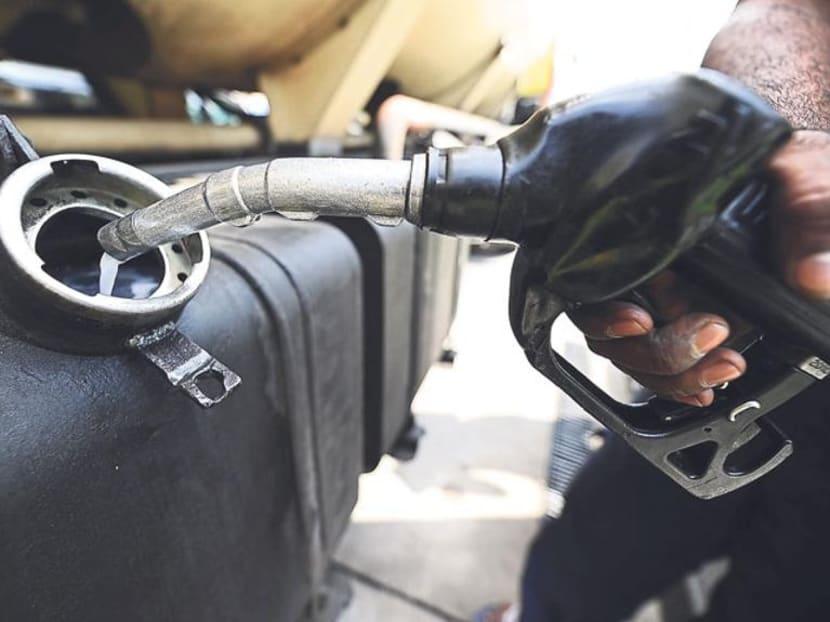Three-quarter tank rule at checkpoints to include vehicles running on diesel
SINGAPORE — Diesel-powered vehicles registered in Singapore will have to abide by the three-quarter tank rule when going into Malaysia, after amendments to the Customs Act were passed in Parliament on Monday (July 9).
SINGAPORE — Diesel-powered vehicles registered in Singapore will have to abide by the three-quarter tank rule when going into Malaysia, after amendments to the Customs Act were passed in Parliament on Monday (July 9).
The 1991 rule was established to prevent drivers from evading fuel duties here as petrol prices in Malaysia and Singapore widened, and was last amended in 2012 to include vehicles running on compressed natural gas (CNG). With the change, it will now be extended to larger vehicles such as coaches and trucks, which might not be able to perform a U-turn back to Singapore to refill their tanks.
Mr Lawrence Wong, Second Minister for Finance, said that on grounds of practicality, provisions had been made to allow vehicles to leave with a fine instead when they cannot U-turn "due to infrastructure constraints" at Singapore's land checkpoints.
A clause had been included to give Singapore Customs officers the "discretion" to allow vehicles without the minimum amount of fuel to leave Singapore after imposing the fine, he added.
However, to "maintain parity" with motorists made to perform a mandatory U-turn, Mr Wong said that the Singapore Customs is looking into imposing "a comparatively higher penalty" for diesel-powered vehicles.
Before the latest set of changes, the three-quarter tank rule applied to vehicles running on petrol and CNG. The law stipulated that drivers "must turn back" to fill the vehicles' fuel supply tank to at least three-quarters full before they are allowed to leave Singapore.
If they are found to have gone with a lower level, they could be prosecuted in court and fined up to S$500.
In response to queries, Singapore Customs told TODAY that details on when the changes to the Act will come into effect will be announced at a later date.
The latest changes to the rule is preceded by a restructuring of diesel taxes in Budget last year, which sought to incentivise users to reduce diesel consumption through a new "usage-based tax".
The volume-based duty of S$0.10 per litre on the use of automotive diesel, industrial diesel and the diesel component in biodiesel took effect in February last year.
Three months after the restructuring, the Ministry of Finance and Singapore Customs held a month-long public consultation exercise to gather feedback on the amendments that aimed to "support policy changes on fuel taxes", among others.
As part of the move in support of tax changes, the new laws passed on Monday also cover "any other fuel that may be used to power a means of transport" under a broader definition of "motor fuel", which was previously defined as just motor spirit or CNG.
Other changes to the Customs Act include an extension of the one-year time limit for the recovery of short-levied and erroneously refunded duties, taxes or other charges. There will now be a five-year time limit, because some cases may only be uncovered more than a year later.
Correspondingly, the time limit for the submission of claims for a refund of overpaid or erroneously collected duties, taxes or other charges is also extended from one to five years.
This could help traders who find out about the overpaid duties or goods and services taxes on their import permit applications after they tally their accounts at the end of their financial year or through audits, giving them more time to recover any errors in payment to the Singapore Customs.












